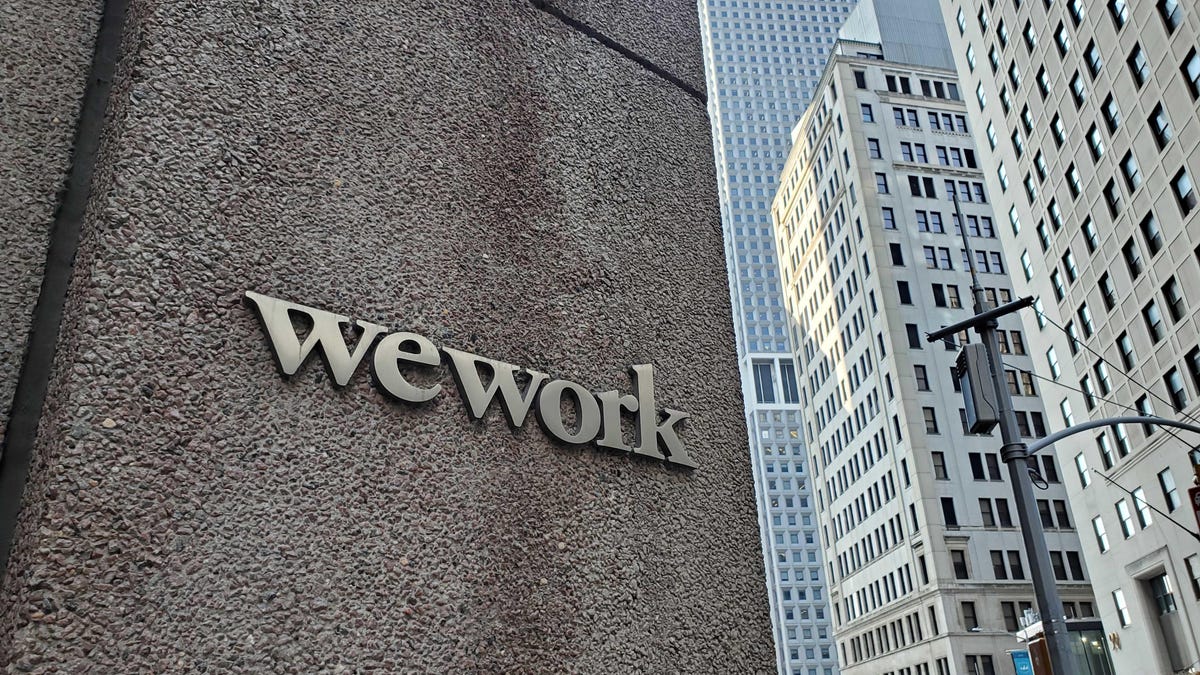WeWork CEO steps down as startup delays plans to go public
Turmoil of late shows that not all tech IPO dreams come true... at least as planned.

Outside a WeWork office in Manhattan
WeWork co-founder Adam Neumann has stepped down as CEO effective immediately, the company announced Tuesday. WeWork, which provides shared workspaces for tech startups, will now be led by co-CEOs Artie Minson, the former chief financial officer, and Sebastian Gunningham, former vice chairman.
After WeWork reportedly postponed its IPO last Tuesday, the new CEOs said they're now "evaluating the optimal timing for an IPO."
"Our core business is strong and we will be taking clear actions to balance WeWork's high growth, profitability and unique member experience," Minson and Gunningham said Tuesday in a press release.
Neumann said WeWork, which now operates across 29 countries and has 527,000 daily members, "has never been stronger." He's stepping down because of the recent scrutiny of his leadership over the past few weeks, he said, which has been "a significant distraction."
WeWork came under fire last week for having unsecured Wi-Fi networks, which meant companies' devices, financial records, business transactions, client databases and emails were visible on the building's network for years. This was despite WeWork knowing about the issue from as far back as May 2015.
WeWork didn't immediately respond to a request for further comment.

